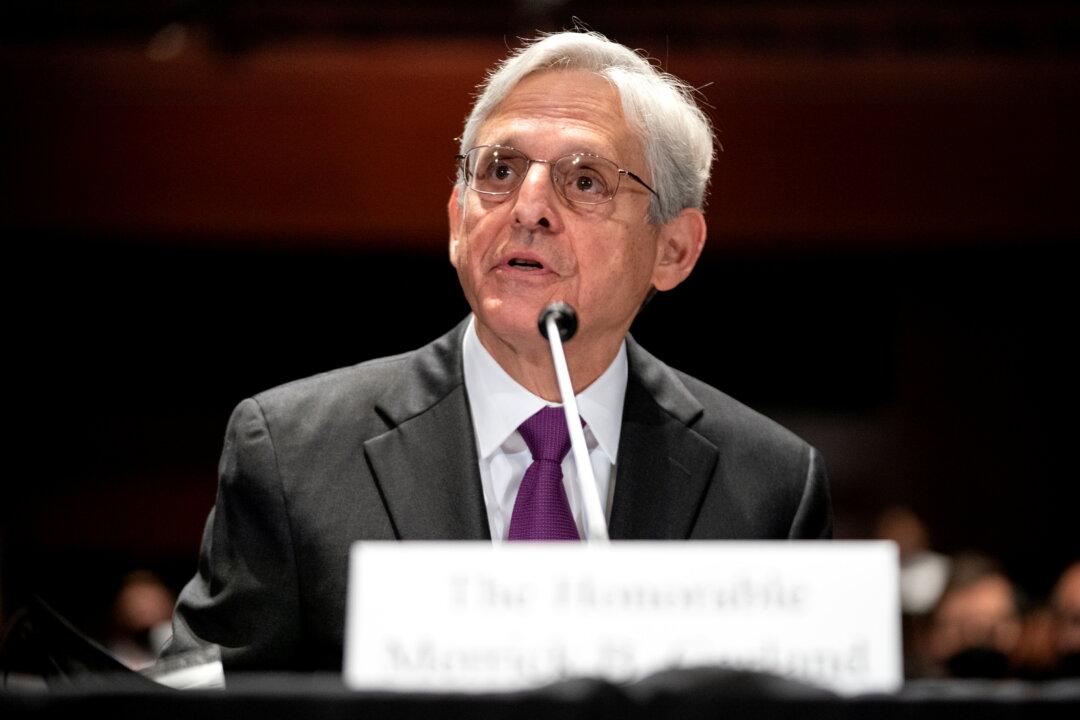Newly publicized documents revealed more details about how the National School Boards Association (NSBA) communicated with the White House before sending out a letter likening concerned parents to domestic terrorists.
In the widely criticized Sept. 29 letter to President Joe Biden, the NSBA characterized disruptions at school board meetings across the nation as “a form of domestic terrorism and hate crime.” It also urged the federal government to invoke counter-terrorism laws to handle “angry mobs” of parents seeking to hold school officials accountable for teaching the Marxist-inspired critical race theory and for imposing COVID-19 restrictions such as mask mandates on their children.





